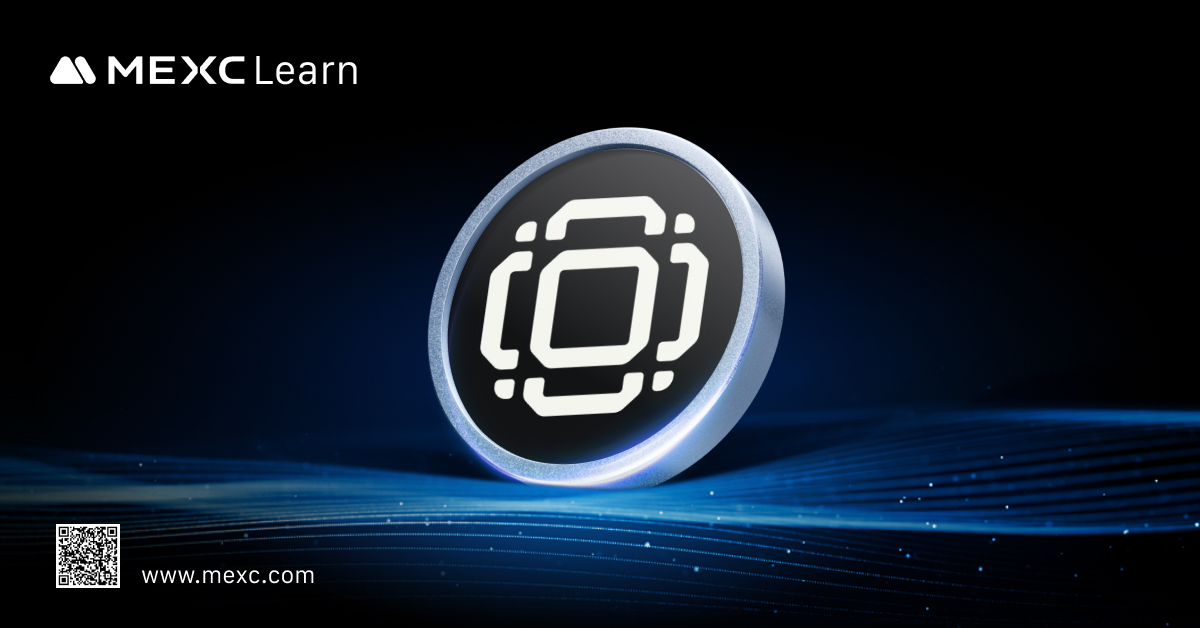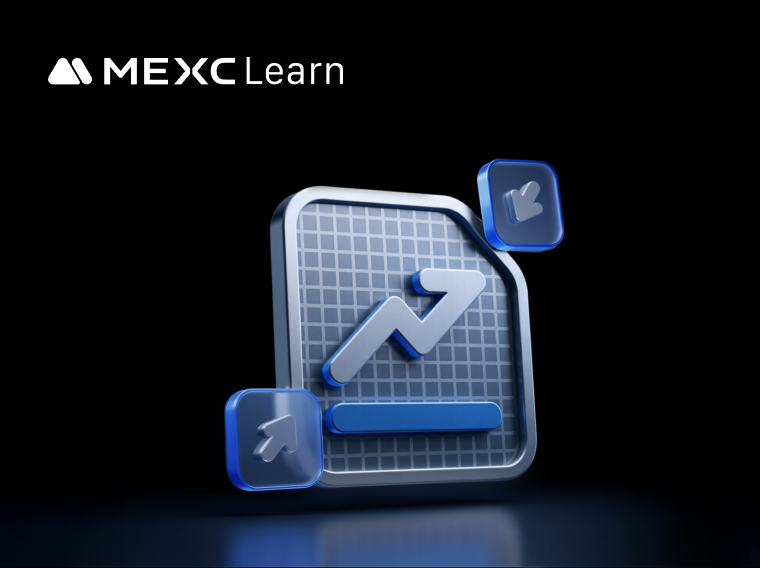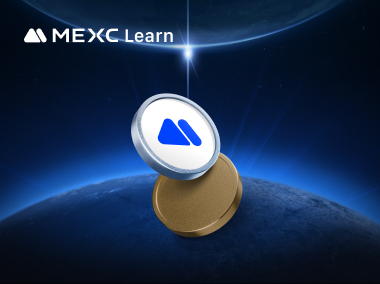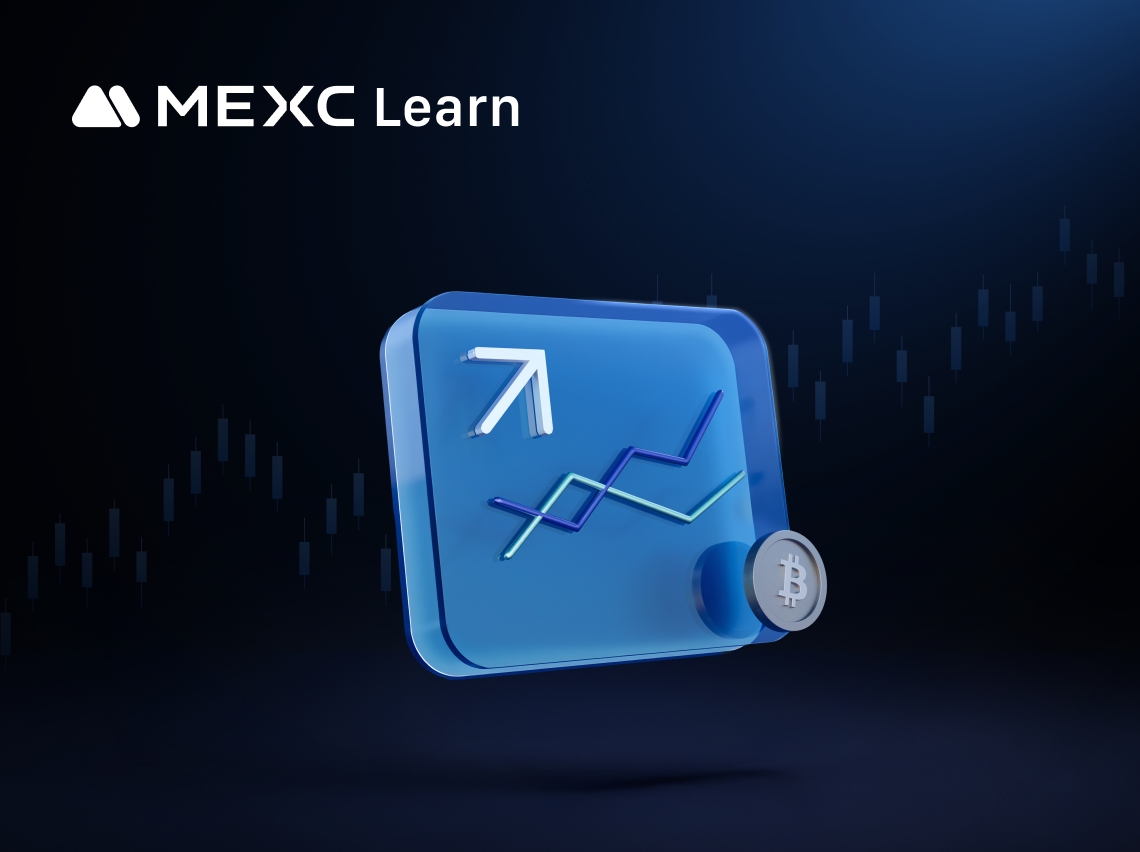Blockchain e IA stanno convergendo per rimodellare la tecnologia con soluzioni decentralizzate e incentrate sulla privacy. Gaia (GaiaNet AI) guida questo cambiamento costruendo un ecosistema decentralizzato in cui le applicazioni di IA apprendono e crescono costantemente. Consente a privati e aziende di creare, implementare e monetizzare con AI agent (rappresentazioni digitali di competenze) sfidando il predominio dell'IA centralizzata. Il token GaiaNet alimenta governance, staking e pagamenti, allineando gli incentivi nella rete.
Gaia è un progetto infrastrutturale di intelligenza artificiale decentralizzata che consente agli utenti di creare, implementare, scalare e monetizzare AI agent personalizzati in base alle proprie conoscenze e competenze. Fin dal suo inizio nel 2024, Gaia affronta direttamente i punti critici dei servizi di IA centralizzati: rischi per la privacy, mancanza di trasparenza e problemi di censura. Sfruttando una rete distribuita di nodi di edge computing, Gaia consente a privati e aziende di ospitare modelli di IA, costruendo una piattaforma di servizi di IA sicura e resistente alla censura.
La missione del progetto è creare una "rete di conoscenza viva" in cui le applicazioni di IA raggiungano un apprendimento e un'evoluzione continui. L'ecosistema di Gaia supporta diversi scenari, dal tutoraggio nell'apprendimento al servizio clienti fino al trading finanziario, consentendo agli utenti di implementare "gemelli digitali" di IA che riflettano le proprie competenze professionali. Secondo CoinDesk, Gaia ha attivato oltre 1,000 nodi durante la fase di test e ha ottenuto 10 milioni di dollari di finanziamenti iniziali da Generative Ventures, Republic Capital e altri, dimostrando un forte slancio iniziale.
L'architettura tecnica di Gaia integra la blockchain con funzionalità IA all'avanguardia per creare una piattaforma solida e scalabile. I componenti principali includono:
GaiaNet si basa su una rete distribuita di nodi di edge computing, ognuno dei quali ospita modelli IA ottimizzati per attività specifiche. A differenza delle piattaforme di IA centralizzate che si basano su server proprietari, i nodi di Gaia sono gestiti in modo indipendente da individui e aziende, garantendo decentralizzazione e resistenza alla censura. Questa architettura supporta servizi di IA sicuri e scalabili, con ogni nodo che funge da fornitore autonomo di capacità di IA.
I nodi GaiaNet sono dotati di una toolchain completa per facilitare la creazione e la distribuzione di AI agent:
Runtime ad alte prestazioni: un ambiente multipiattaforma che garantisce un funzionamento efficiente su diverse configurazioni hardware e software
Aggiornamento di modelli linguistici di grandi dimensioni (LLM): gli utenti possono scegliere tra una vasta gamma di LLM open source e personalizzarli per attività specifiche, generando AI agent altamente professionali
Modelli di incorporamento della conoscenza: convertono la conoscenza proprietaria in formati numerici, consentendo agli agenti di sfruttare in modo efficiente set di dati specifici
Database vettoriali: ottimizzano l'archiviazione e l'interrogazione dei dati vettoriali per la ricerca di similarità, i sistemi di raccomandazione e altro ancora
Gestione prompt: gestisce gli input del modello di IA per ottimizzare l'accuratezza e la pertinenza delle risposte
Server API aperto: fornisce API compatibili con OpenAI per una perfetta integrazione con le applicazioni esistenti (fonte: sito web ufficiale di GaiaNet)
Sistema di plugin: consente agli output LLM di richiamare strumenti e funzioni esterni, estendendo le capacità degli AI agent
Questi componenti consentono agli utenti di distribuire gli AI agent come "gemelli digitali" che forniscono servizi tramite API Web.
I domini GaiaNet aggregano AI agent correlati in domini Internet unificati, offrendo punti di accesso standardizzati per specifici servizi di IA. Ad esempio, gli AI agent per il supporto agli studenti di un'università potrebbero essere raggruppati sotto gaianet.berkeley.edu. Gli operatori di dominio devono fare staking dei token GaiaNet per garantire la qualità e l'affidabilità degli agenti, con sanzioni per le violazioni al fine di garantire l'affidabilità e la coerenza della rete.
L'API di GaiaNet compatibile con OpenAI è una funzionalità fondamentale che consente agli sviluppatori di integrare servizi di IA decentralizzati nelle proprie app senza modifiche significative al flusso di lavoro, riducendo le barriere all'adozione ed espandendo la portata di sviluppatori e aziende.
Il DAO di GaiaNet governa la rete, consentendo ai possessori di token di votare su parametri, aggiornamenti del protocollo e allocazione delle risorse, garantendo che l'evoluzione della piattaforma sia in linea con le priorità della community.
GaiaNet è progettato per gestire un'elevata concorrenza nelle transazioni e nei carichi di calcolo, sfruttando i nodi edge per bassa latenza ed elevata efficienza. L'implementazione decentralizzata migliora la resilienza eliminando i singoli punti di errore.
Gaia mira a risolvere i problemi centrali dei servizi di intelligenza artificiale centralizzati:
Rischi per la privacy: le piattaforme centralizzate richiedono agli utenti di condividere dati sensibili, con rischi di sicurezza e di uso improprio.
Mancanza di trasparenza: gli utenti hanno una visibilità limitata sull'addestramento dei modelli di IA e sull'utilizzo dei dati.
Censura e controllo: i provider centrali possono limitare arbitrariamente l'accesso ai servizi di intelligenza artificiale.
GaiaNet affronta questi problemi attraverso:
Decentralizzazione: i modelli di IA sono distribuiti su nodi edge, impedendo a qualsiasi entità singola di controllare la rete e riducendo il rischio di centralizzazione.
Privacy: gli AI agent incorporano conoscenze proprietarie senza esporre dati sensibili, preservando il controllo dell'utente.
Trasparenza: la blockchain registra le transazioni e le decisioni di governance su un registro pubblico, rafforzando la fiducia e la responsabilità.
Anti-censura: la natura decentralizzata della rete rende difficile per chiunque bloccare l'accesso ai servizi di IA.
Il token GaiaNet svolge un ruolo chiave, supportando la governance, lo staking e i pagamenti per allineare gli incentivi tra operatori di nodi, gestori di domini, sviluppatori e utenti.
Il token GaiaNet è il token di utilità nativo che alimenta l'ecosistema di Gaia e svolge molteplici funzioni principali:
Governance: il token per DAO consente ai possessori di votare sulle regole di rete, sugli aggiornamenti del protocollo e sulla distribuzione delle risorse, in linea con la filosofia di decentralizzazione di Gaia.
Staking: i possessori del token fanno staking di GaiaNet per supportare gli operatori di domini, rafforzandone la credibilità. Chi fa staking partecipa ai ricavi dei domini, ma subisce sanzioni in caso di violazione delle regole da parte dei domini, incoraggiando standard elevati.
Pagamenti: GaiaNet facilita i pagamenti escrow per i servizi di IA, con tassi di cambio in tempo reale che garantiscono stabilità e partecipazione attiva anche durante le fluttuazioni dei prezzi.
Sebbene la fornitura totale e la distribuzione iniziale rimangano sconosciute, il design enfatizza funzionalità e incentivi:
Token di utilità essenziale per la partecipazione, che copre transazioni, governance e staking.
Un sistema di incentivi basato su punti (Gaia XP) premia gli utenti per attività social, acquisti di domini e distribuzioni di nodi con gaiaPoints, convertibili in token GaiaNet dopo l'evento di generazione del token (TGE).
Le ricompense per lo staking e la partecipazione alla governance promuovono investimenti di rete a lungo termine.
Nome del token | GaiaNet |
Blockchain | GaiaNet (Layer-1) |
Utilizzo principale | Governance, staking, pagamenti per servizi di IA |
Fornitura totale | Non divulgata |
Distribuzione | Conversione futura del token basata su gaiaPoints |
Modello di staking | Supporta operatori di dominio con premi/sanzioni |
Modello di pagamento | Contratti di escrow con tassi in tempo reale |
Orario del TGE | Previsto dopo la fase di test, possibilmente nel 2025 |
Fornitori di servizi di IA: privati e aziende creano AI agent su misura per tutoraggio, assistenza clienti, trading, ecc., monetizzando le competenze professionali tramite API e aprendo nuovi mercati di IA personalizzati.
Sviluppatori: integrano l'API di GaiaNet compatibile con OpenAI per ridurre la dipendenza dai servizi centralizzati ed esplorare innovazioni in ambito istruzione, finanza, sanità e altro ancora.
Operatori di dominio: gestiscono i domini tramite lo staking di token GaiaNet, ottenendo ricompense per il mantenimento di servizi di IA di qualità, con sanzioni che garantiscono affidabilità e fiducia.
Utenti: accedono a servizi di IA sicuri, personalizzati e resistenti alla censura tramite i domini GaiaNet, incluse risorse decentralizzate per l'istruzione, il supporto e la finanza.
GaiaNet AI è stata fondata nel 2024 da Sydney L e Matt Wright, combinando competenze in blockchain e IA per realizzare la visione del progetto. Sebbene il team rimanga parzialmente privato, ha attratto consulenti e investitori esperti, tra cui:
Lex Sokolin (Generative Ventures): leader negli investimenti in blockchain e IA.
Brian Johnson (Republic Capital): esperto investitore in startup tecnologiche.
Shawn Ng (7RIDGE): specializzato in capitale di rischio in tecnologia e decentralizzazione.
Kishore Bhatia: imprenditore con esperienza nella tecnologia e nello sviluppo aziendale.
Società di investimento: EVM Capital, Mantle EcoFund, ByteTrade Lab.
Gaia ha completato un round di finanziamento iniziale da 10 milioni di dollari guidato da Generative Ventures, Republic Capital e 7RIDGE. Attualmente in fase di test, ha implementato oltre 1,000 nodi attivi, dimostrando un'ottima adozione precoce. Tra i traguardi principali figurano:
Fase di test con oltre 1,000 nodi che convalidano la domanda del mercato.
Programma di incentivi Gaia XP che premia la partecipazione della community con gaiaPoints convertibili in token.
Lancio della mainnet previsto per il 2025, con transizione verso una rete completamente decentralizzata.
Sviluppo continuo di strumenti e servizi a supporto della creazione e dell'implementazione di AI agent.
Gaia si rivolge al mercato dell'IA decentralizzata in rapida crescita, competendo con progetti come Fetch.AI e SingularityNET. Il suo valore unico risiede negli AI agent personalizzati e nell'attenzione al mercato decentralizzato, differenziandosi dai concorrenti incentrati su modelli di IA generalisti. L'integrazione con la blockchain garantisce sicurezza, trasparenza e controllo da parte dell'utente della piattaforma, affrontando direttamente le sfide del settore dell'IA.
I potenziali impatti includono:
Democratizzazione dell'IA: fornire funzionalità di IA a privati e PMI, anziché solo alle grandi imprese.
Miglioramento della privacy: salvaguardare il controllo dell'utente su dati e modelli.
Incubazione dell'innovazione: fornire ambienti decentralizzati per lo sviluppo di nuove applicazioni di IA.
Opportunità economiche: creare mercati in cui i lavoratori della conoscenza monetizzano le proprie competenze tramite AI agent.
Disclaimer: queste informazioni non costituiscono una consulenza in materia di investimenti, tassazione, ambito legale, finanza, contabilità, consultazione o qualsiasi altro servizio correlato, non costituiscono nemmeno consigli sull'acquisto, la vendita o l'holding di alcun tipo di asset. MEXC Learn fornisce informazioni solo a scopo di riferimento e non costituisce una consulenza in materia di investimenti. Assicurati di comprendere a pieno i rischi connessi e investi con cautela. MEXC non è responsabile per le decisioni di investimento degli utenti.









